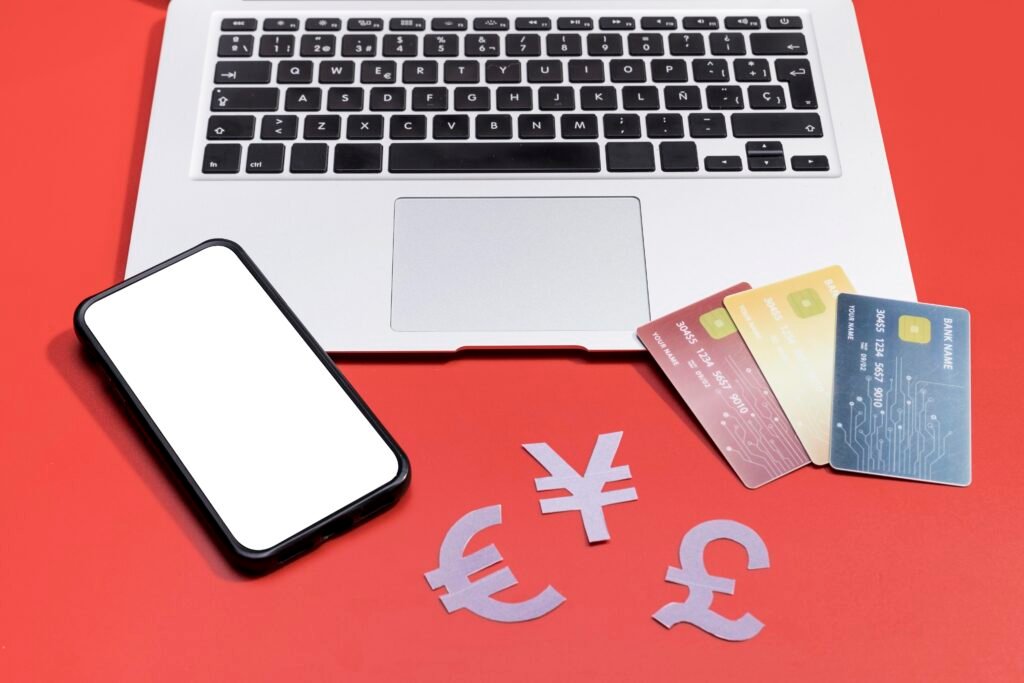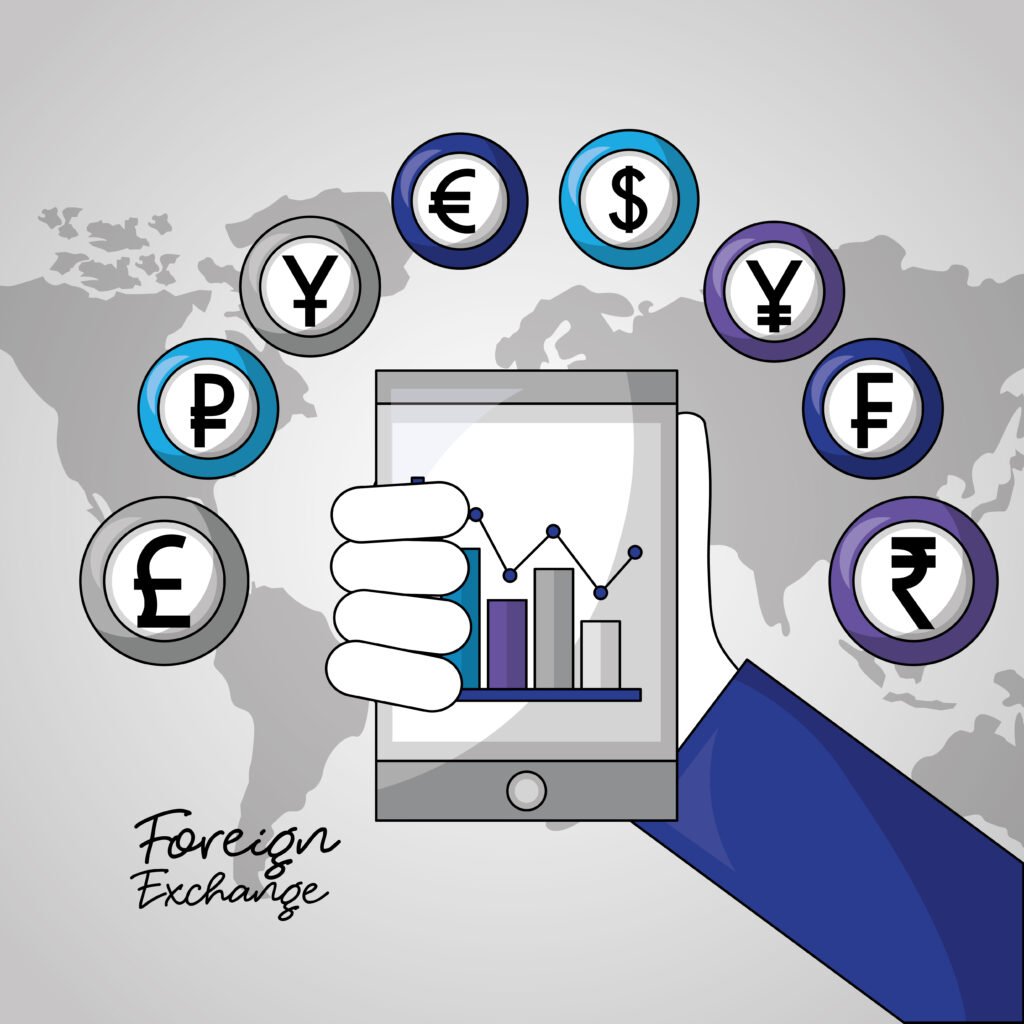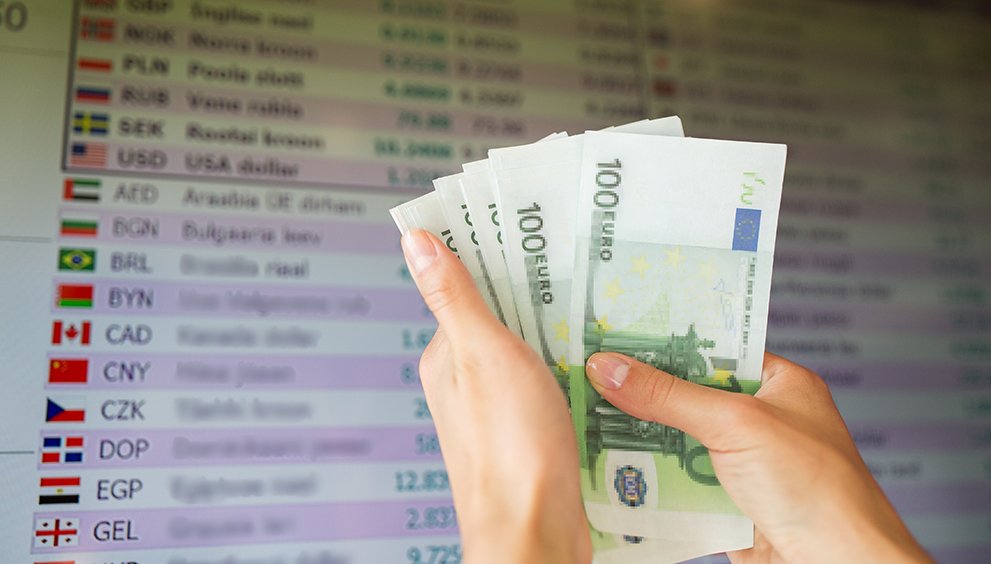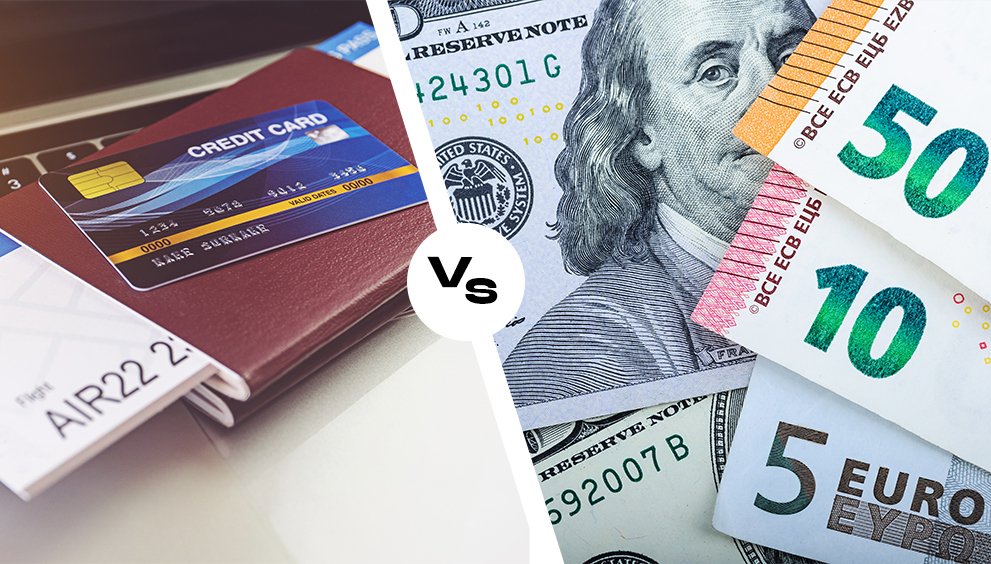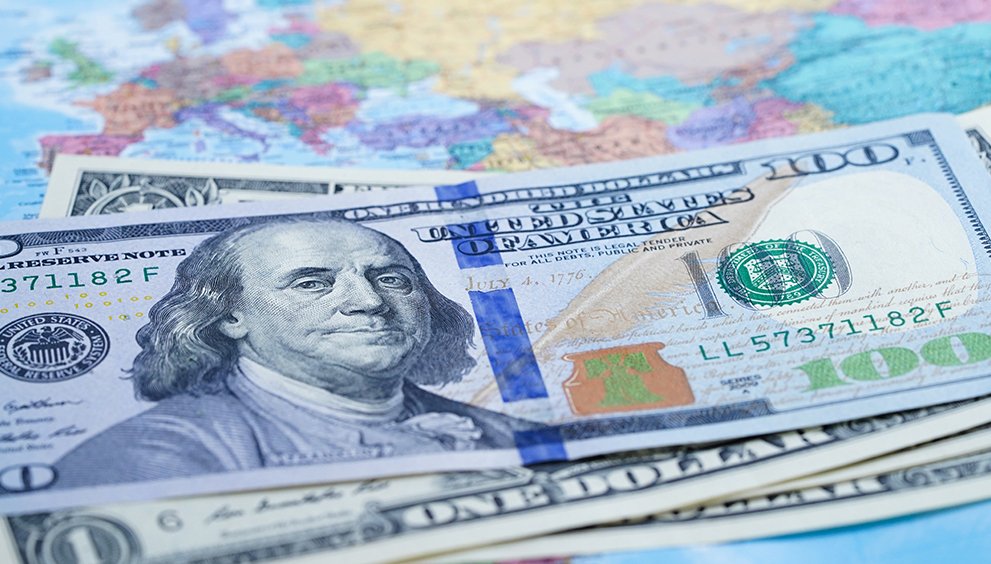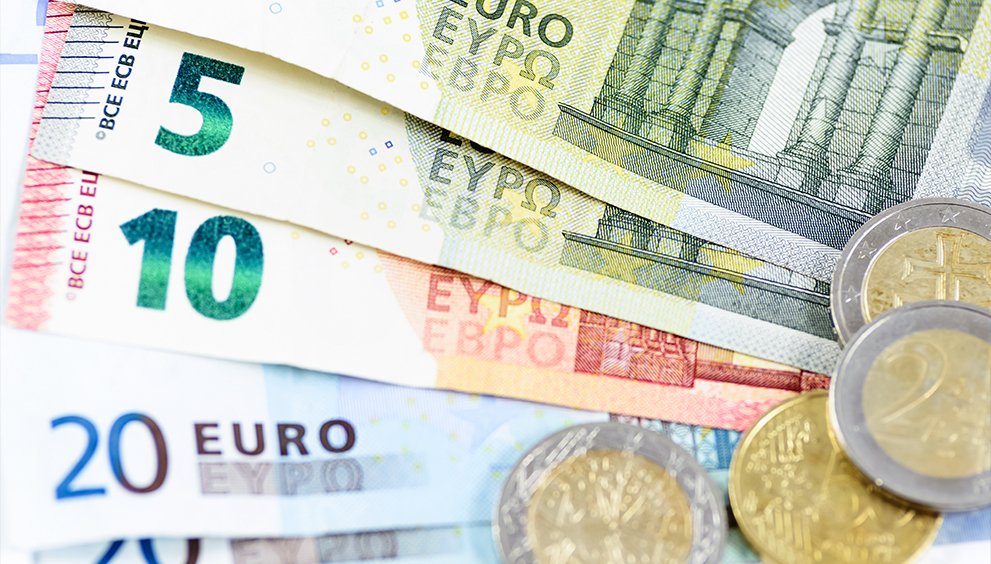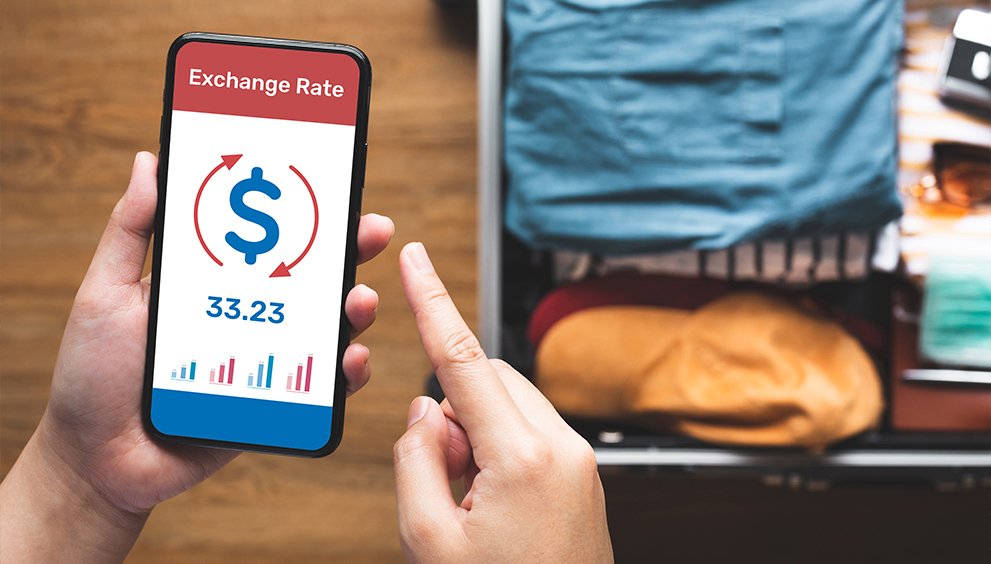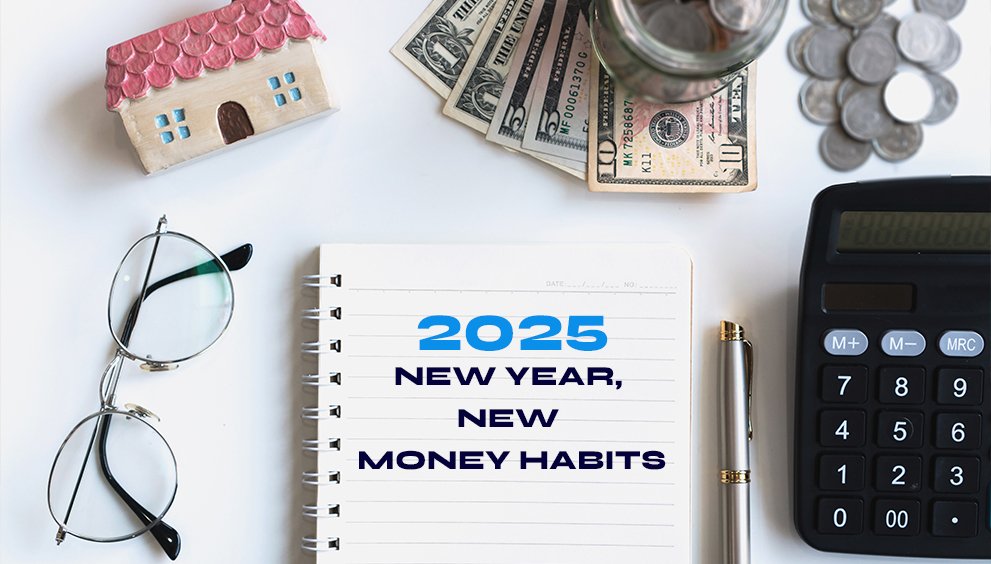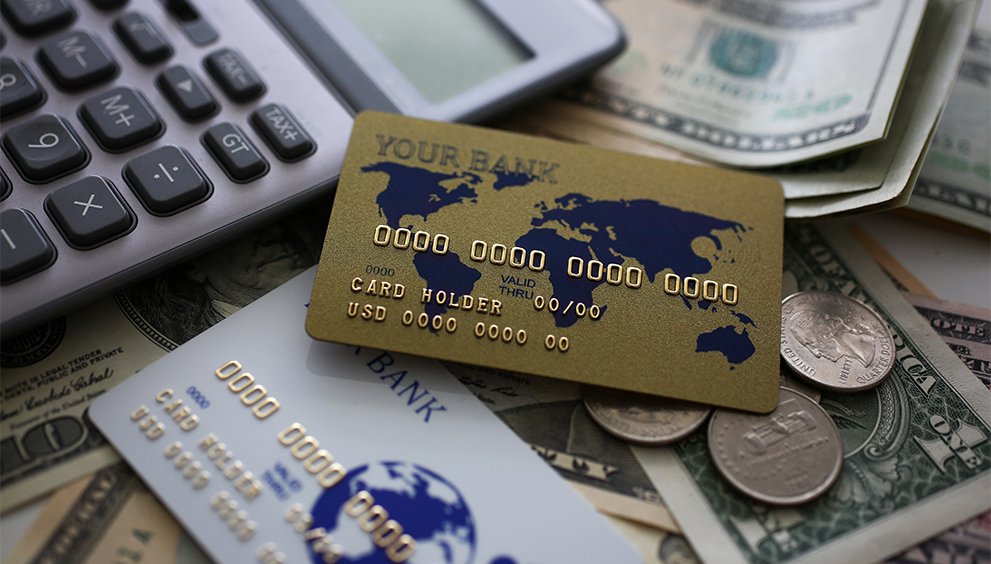How to Plan a Destination Wedding Amid Currency Fluctuation

Thinking about a destination wedding? Well, making a promise on a beach or next to your favourite historical monument sounds like wow! But this dream can take a profound break as the financial aspect can become unpredictable when currency fluctuations come into play. By using strategic financial approaches, you can navigate through currency fluctuations and make your wedding as stress-free as possible.
This article will discuss various aspects of destination weddings and how you can make the best out of your wedding budget. Tap here for a step-by-step guide to planning your destination wedding amid currency market volatility.
1. Understand the Impact of Currency Fluctuation
Start by understanding currency fluctuations and how they can impact your wedding budget. Factors such as inflation, political stability, and geopolitical events affect the currency and the budget. The relationship between your home currency and foreign currency will also have a huge impact, as a weaker domestic currency can increase costs, while a stronger one may reduce them. You must also consider the influence of currency rate fluctuations on various expenses, such as venue bookings, catering, and travel.
What You Can Do:
- Research Trends: You can occasionally monitor the currency exchange rate between your home country and the wedding destination and track factors or events that significantly influence it.
- Identify Key Expenses: Create a list of essential expenses that will significantly impact your budget and are highly sensitive to currency exchange, such as vendor payments, accommodation, and flights.
- Calculate the Exchange Rate Impact: Use online tools or consult a currency specialist to estimate the impact of rate fluctuations on your overall budget.
2. Lock in Exchange Rates Early
Consider securing exchange rates in advance once you establish a clear travel itinerary. A well-planned forward contract is one of the best ways to manage currency volatility. You can also use currency exchange tools, such as prepaid travel cards or multi-currency accounts, to protect your budget from future fluctuations.
Tips for Locking Rates:
- Forward Contracts: Consider collaborating with a currency exchange provider to secure today’s rate for future transactions. It’s a wise way to ensure you make the most of your financial payments.
- Scheduled Transfers: Consider setting up automatic transfers for your regular payments to vendors. It makes things much easier and helps you stay on top of your finances abroad.
- Monitor Rates: Keep an eye on rates and schedule exchanges whenever the rate is favourable or favourable.
Pro Tip: Avoid leaving currency exchanges until the last minute, as rates may not work in your favour closer to the date.
3. Work with Local Vendors
Work with local vendors who can provide services in the destination’s currency or major currencies. This can help you eliminate intermediaries and additional conversion fees.
Benefits of Hiring Local Vendors:
- Cost Savings: You might find that local vendors often offer more affordable prices than their international counterparts!
- Expert Knowledge: Local vendors have a better idea about the destination’s logistics and customs, providing you with better flexibility.
- Currency Advantage: If you plan your currency exchanges strategically, payments in the local currency can sometimes be cheaper if you’ve planned your currency exchanges strategically.
Pro Tip: Always research and read reviews of local vendors before finalising them. You can also seek recommendations from previous customers or locals to check their reliability.
4. Create a Contingency Fund
Spare some amount as a contingency fund, especially when currency fluctuations are involved, which can help you cover unexpected expenses without compromising your plans. This will be a safety net, saving you from emotional and financial falls.
How to Build a Contingency Fund:
- Setting aside around 10-15% of your overall budget for those unexpected emergencies is a great idea.
- Remember to consider possible currency rate changes while figuring out your fund.
- Remember, the contingency fund is there to help you with unforeseen expenses, such as increased vendor prices or the need to travel further than planned.
Pro Tip: Keep your contingency fund in a multi-currency account or a stable foreign currency to protect it from sudden exchange rate fluctuations. This way, you ensure the fund retains its value and is readily available when needed.
5. Use Currency Tools and Apps
You can also use different tools and online platforms to simplify and manage currency exchanges and payments. Here are some of the Recommended Tools:
- Currency Converter: Track live exchange rates and plan your conversions with live currency converter tools available online.
- Applications: Many exchange service providers provide applications to make international payments at competitive rates.
- Budgeting Apps: Tools like Mint or YNAB can help you track expenses and adjust for currency fluctuations.
Pro Tip: Create friendly alerts when exchange rates reach your ideal target so that you can make the most of every opportunity savings.
6. Pay in Installments
You can break down the whole budget into small, manageable investments, which can reduce the impact of sudden currency shifts on the overall budget.
Benefits of Installment Payments:
- It will reduce the need for large lump-sum transfers as the whole budget is well-planned.
- The currency fluctuation risk is divided over time rather than one loss or profit.
- Allows you to take advantage of favourable exchange rates when they occur.
Pro Tip: Negotiate favourable payment terms with vendors, including instalment options for better financial planning, fostering mutually beneficial arrangements and enhancing your experience.
7. Be Strategic About the Wedding Destination
While concluding the destination, keep a practical approach rather than just an emotional attachment to the place, as the destination you choose can also influence how currency fluctuations affect your budget.
Consider These Factors:
- Currency Strength: Choose destinations where the local currency is of lesser strength than yours, providing you with more money.
- Cost of Living: A location with lower living costs or abundant local produce can help stretch your budget.
- Local Regulations: Take a moment to look for any restrictions or fees that are in place for foreign transactions.
Pro Tip: If you notice that the currency for your favourite destination tends to fluctuate a lot, it might be a good idea to book venues and services using more stable currencies like USD or EUR.
8. Plan Travel Expenses Wisely
When planning a trip, consider travel costs for you and your guests, as expenses can escalate quickly. Account for transportation, meals, activities, and potential currency fluctuations that impact your budget. These factors can significantly alter airfare and accommodation prices, so stay informed and adjust plans as needed.
Tips for Managing Travel Costs:
- Reserve flights and lodging in advance to secure better rates.
- Choose credit cards that waive foreign transaction fees for reservations.
- Look into group rates for lodging, accommodations, and transportation.
Pro Tip: Provide guests with a travel guide, including tips on currency exchange and local expenses, to help them plan their budgets.
9. Communicate with Vendors About Currency
Clear communication with vendors prevents unexpected issues in business transactions. Understanding their payment expectations—timing, currency, and relevant terms—fosters positive relationships and smooth transactions, contributing to successful business operations.
Questions to Ask:
- Are prices fixed in the local currency or subject to change?
- What payment methods do they accept?
- Can they offer discounts for paying in full upfront or in advance cash?
Pro Tip: Prepare fine documentation about each vendor and payment terms to avoid misunderstandings.
10. Seek Professional Advice
If currency fluctuations feel overwhelming, seek help from a financial advisor or a foreign exchange consultant. They offer valuable insights and strategies to navigate currency markets effectively, reducing stress and improving your decision-making risks.
Who to Consult:
- Financial Advisors: They can provide guidance on managing your budget amid currency volatility.
- Wedding Planners: Destination wedding planners often have experience with international transactions and can offer valuable advice.
- Currency Specialists: Work with experts to secure the best rates and plan your exchanges strategically.
Pro Tip: Look for planners or advisors who specialise in destination weddings for a seamless experience.
Final Thoughts
Planning a destination wedding amid currency fluctuations requires careful budgeting, strategic decisions, and flexibility. By understanding how exchange rates affect your costs and using tools to manage your finances effectively, you can minimise financial risks and focus on celebrating your big day. With the right approach, you’ll be able to create the wedding of your dreams without breaking the bank.


 English
English 